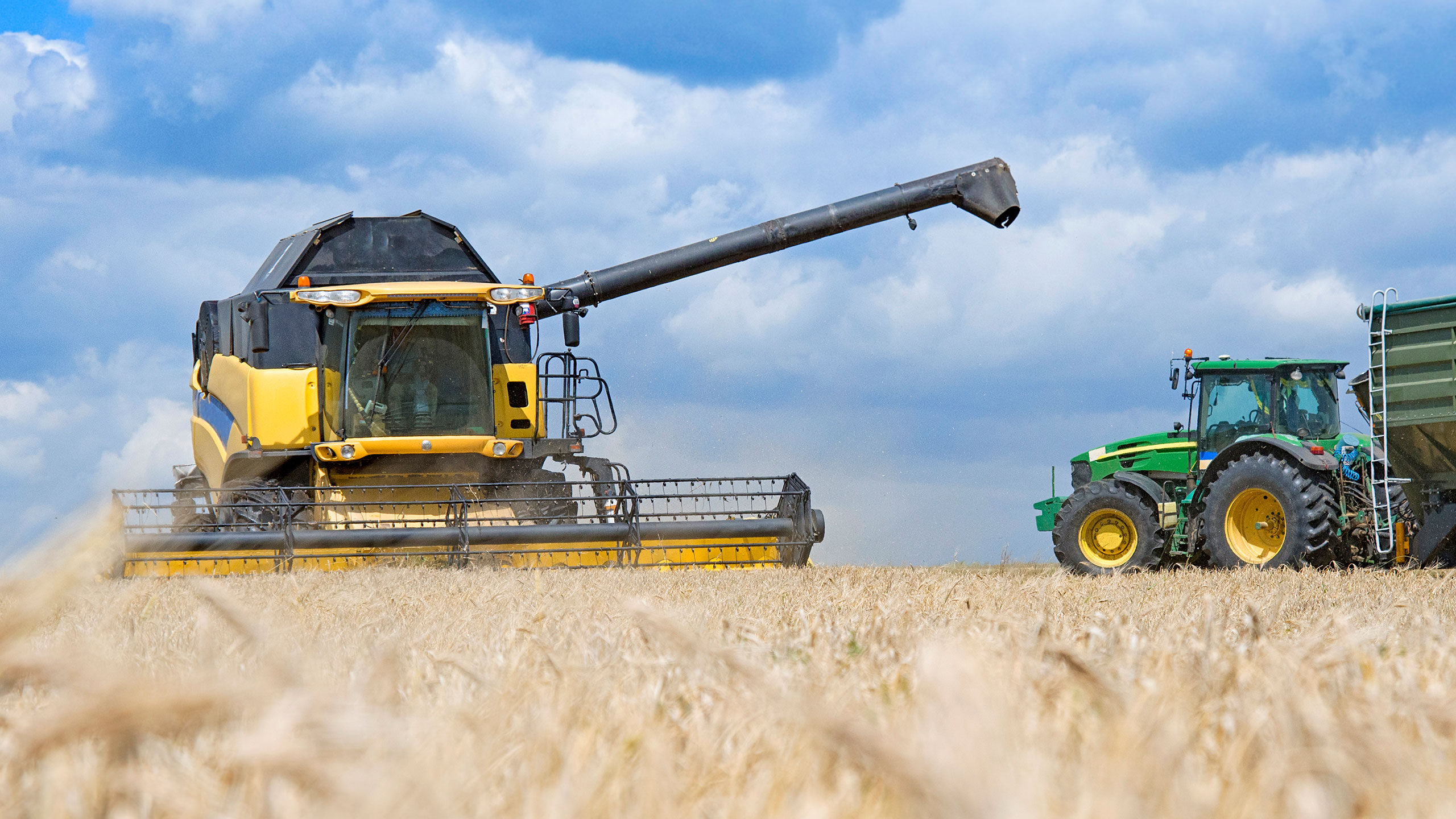When grain market prices are dropping rapidly and you have unsold grain, there are several steps you can consider taking:
-
Stay Informed: Keep yourself updated on market news, trends, and factors impacting grain prices. This will help you understand the reasons behind the price drop and assess the potential duration and severity of the decline.
-
Monitor Market Signals: Pay attention to technical indicators and market signals that may indicate a potential rebound or change in market direction. These can include oversold conditions, bullish chart patterns, or shifts in supply and demand dynamics.
-
Review Your Marketing Plan: Evaluate your marketing plan and reassess your price targets and risk management strategies. Consider whether your original plan needs adjustment based on the current market conditions. This may involve setting new price targets or implementing alternative risk management tools.
-
Consult with Experts: Seek advice from grain market consultants or trusted agricultural professionals who have expertise in grain marketing. They can provide insights into the market conditions and help you develop or revise your marketing strategy to navigate the price decline effectively.
-
Evaluate Storage Options: Assess your grain storage capacity and consider the feasibility of storing your grain until prices recover. This can be a viable option if you have sufficient storage capabilities and believe that prices will rebound in the future. However, it's essential to consider storage costs and market storage spreads before making this decision.
-
Utilize Risk Management Tools: Consider utilizing risk management tools, such as futures contracts or options, to hedge against further price declines or to establish a price floor. These tools can provide protection against market volatility and mitigate the impact of price drops.
-
Maintain Flexibility: Stay flexible in your approach and be prepared to adjust your marketing decisions as market conditions evolve. Markets can be unpredictable, and it's important to adapt your strategies accordingly.
Remember, every farming operation is unique, and the best course of action will depend on your specific circumstances, risk tolerance, and market outlook. Consulting with industry professionals and considering multiple perspectives can help you make informed decisions during periods of rapid price decline.



